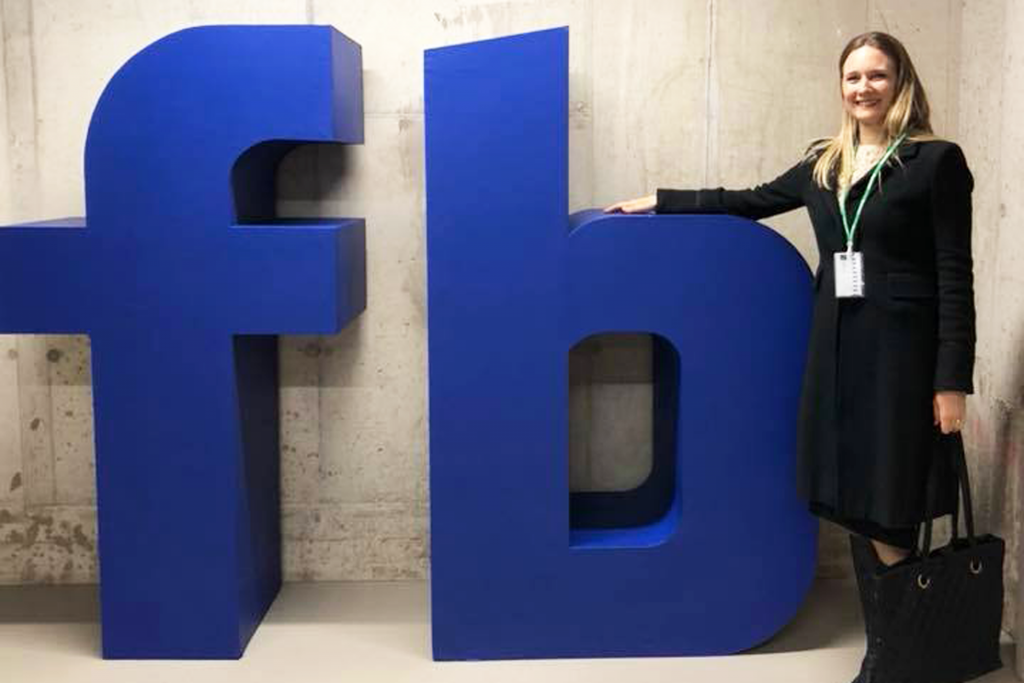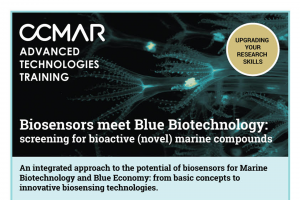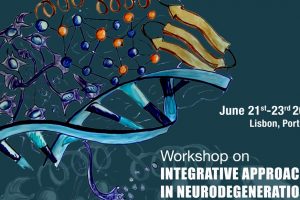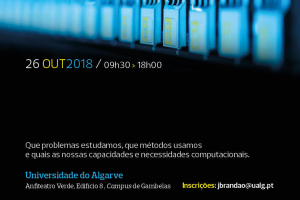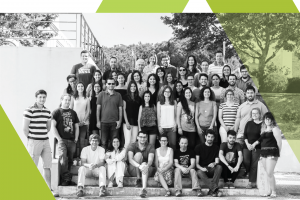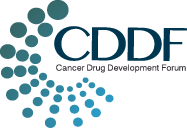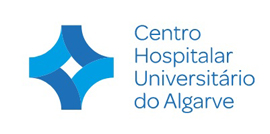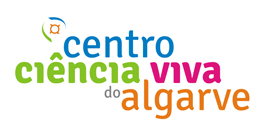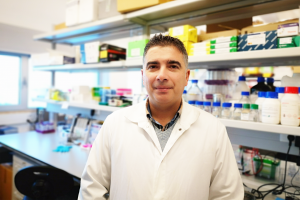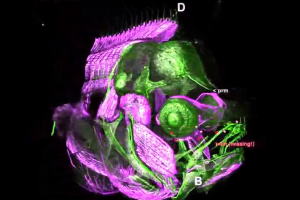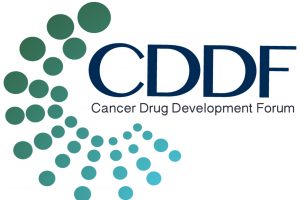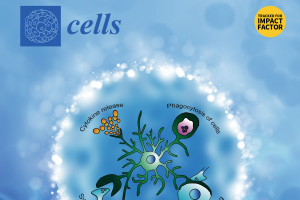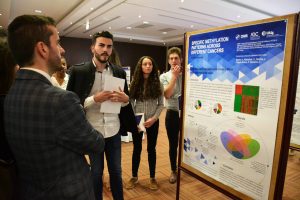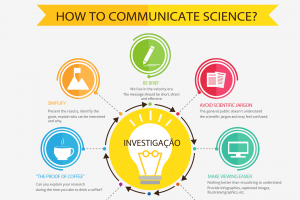Interview with Nicky Greenhalgh | Exclusive | CBMR Science Platform | Isa Mestre
Nicky Greenhalgh discovered in 2014 that she had a follicular lymphoma. She refused to accept the diagnosis as a death sentence. Three years later, helped the Facebook’s vice president, Nicola Mendelsohn, to face the disease. Today, Nicky runs the “Living with follicular lymphoma” group, one of the largest online communities of lymphoma patients. She believes that her story can inspire others in the same condition, so she decided to share it with us.
In interview to the CBMR Science Platform Nicky tells us about the disease and the importance of cancer research for those who are ‘on the other side’ of the barricade. “Having scientific articles translated into a language that anyone can understand is a priority”, says.
1. What type of cancer were you diagnosed with, and when did you receive your diagnosis?
I was diagnosed with Lymphoma on the 12th February 2014. I had to have follow up tests and around the 18th March 2014 I was diagnosed with Stage 4, Grade 2, Follicular Non-Hodgkins Lymphoma.
2. What was your first reaction when you were told that you had cancer?
I just went numb all over. I guess I was in shock and it took me a few days to comprehend what was happening.
3. How did you decided to create the group “Living with Follicular Lymphoma”? What was your motivation?
When my treatment was over I was told that I will relapse at some point and if I did relapse in the first two years that meant my prognosis was worse than initially thought. So I mentally crumbled. I was so sad and I couldn’t find the support I needed. I searched online for support groups and there were many for Lymphoma and Non-Hodgkins Lympoma but not for Follicular. Follicular Lymphoma is incurable so I felt I needed to connect to people with this same diagnosis, people who understood my anxieties and what I was going through.
4. Tell us a little bit about the story of the group. What inspires you to continue every day?
When I started the group I never expected it to grow the way it did. I read posts from members all the time saying how grateful they are for the group and some who are quite lonely who really rely on the group to get them through each day. That is what inspires me to continue.
5. In your work at the group, is there any story that has particularly stuck with you?
We have a lady in our group who is not even 40 yet with 3 children and she had to stop chemo as she had an adverse reaction to the treatment. She is now in palative care. We are doing what we can to find her a medical trial that will suit her and hopefully we can help in some way.
6. Could you describe how sharing your story has affected your journey with Cancer?
I’ve never been afraid to tell my story. I’ve met a lot of people that have had the disease for a while and have been very careful not to tell anyone. For me it’s important to ask questions and learn as much as I can from everyone around me and telling my story is a part of that.
7. What did you learn with the disease?
I learnt to be kinder to my body. I work hard to reduce toxins and manage my deficiencies. I do what I can to relieve stress by meditating and a have a regular massage. I have already learnt a few techniques to keep my lympatic system flowing. For example, I dry brush daily and jump on a rebounder.
8. If you could talk with your “past self,” before the illness, what would you say?
Before I was diagnosed I was focusing on what everyone else was doing. My mother has been sick for a long time and I felt like I needed to save her and spent a lot of time worry about her, making sure she was ok as she was very fragile. So I would tell my past self to be a little more selfish and look after myself a lot better. I would also definitely tell myself to exercise.
9. During all the process, did you ever felt that you hadn’t enough information about the disease? Have you ever taken the internet to answer any of your questions as patient? What do you think about the existence of scientific platforms to support cancer patients and give them all the main information about their diseases?
I felt very confused throughout the whole process. I would like to see research articles translated for people without medical degrees to understand. I’ve even been thinking about preparing a glossary for this.
10. Do you usually follow up the developments in cancer research?
When I was diagnosed, it all happened so fast, I wasn’t given the option to go on watch & wait and was told I had to start treatment immediately. It was a completely foreign language to me. I was offered a medical trial called Hot MabThera and was told that 80% of patients were responding to this treatment. So, I jumped straight into it without researching anything else. The next time around I want to be more prepared and be able to research more of my treatment options so I think it is important to keep up to date with cancer research.
11. Do you believe that the work developed at universities and cancer institutes could have an impact on society? Do you believe that it could help to design a ‘new future’ for cancer patients?
Absolutely, there have been some major developments over the last 15 years with treatment for Follicular Lymphoma. I hope to see more research being done on finding a cure for Follicular Lymphoma. I can see there is a lot of focus on disease management which I am grateful for but a cure is what we all really want to see.
12. Do you believe that be aware on what is being developed in the area of cancer research could help cancer patients to achieve more information and/or change the way people face the disease?
Absolutely, i think the information needs to be available to them right at the beginning so they can make an informed decision as to which treatment path they want to take.
13. What three things would you tell a person who just yesterday learned of their cancer diagnosis?
Research all of your available treatment options before making a final decision. Don’t be afraid to get a second opinion. Find a doctor that is on the same page as you.
14. What positive things brought follicular lymphoma to your life?
My diagnosis has brought so many positive things to my life. It really opened my eyes and taught me to treasure every moment with my family, enjoy my kids at the ages they are and really listen to what they have to say, soak in every feature of their little faces. I never exercised prior to diagnosis and the idea of exercise just bores me so I found a sport that I love and now I am the fittest I have ever been but have never felt like I’m exercising.
